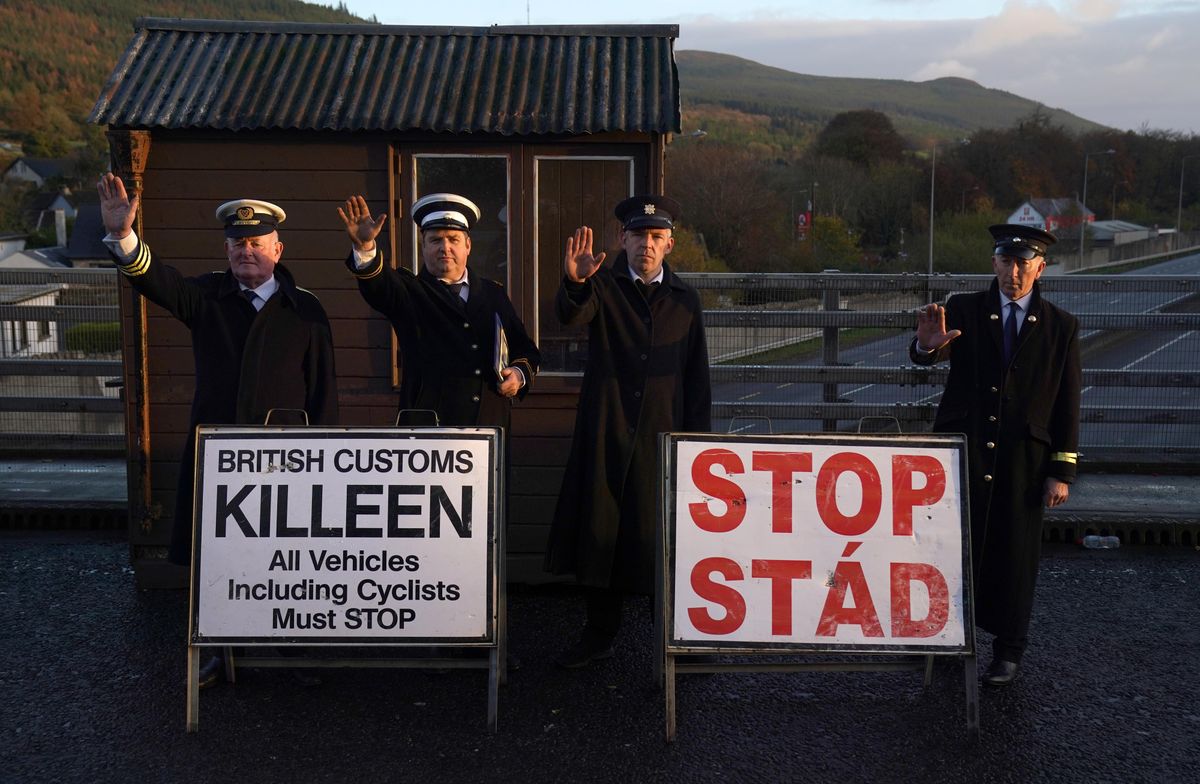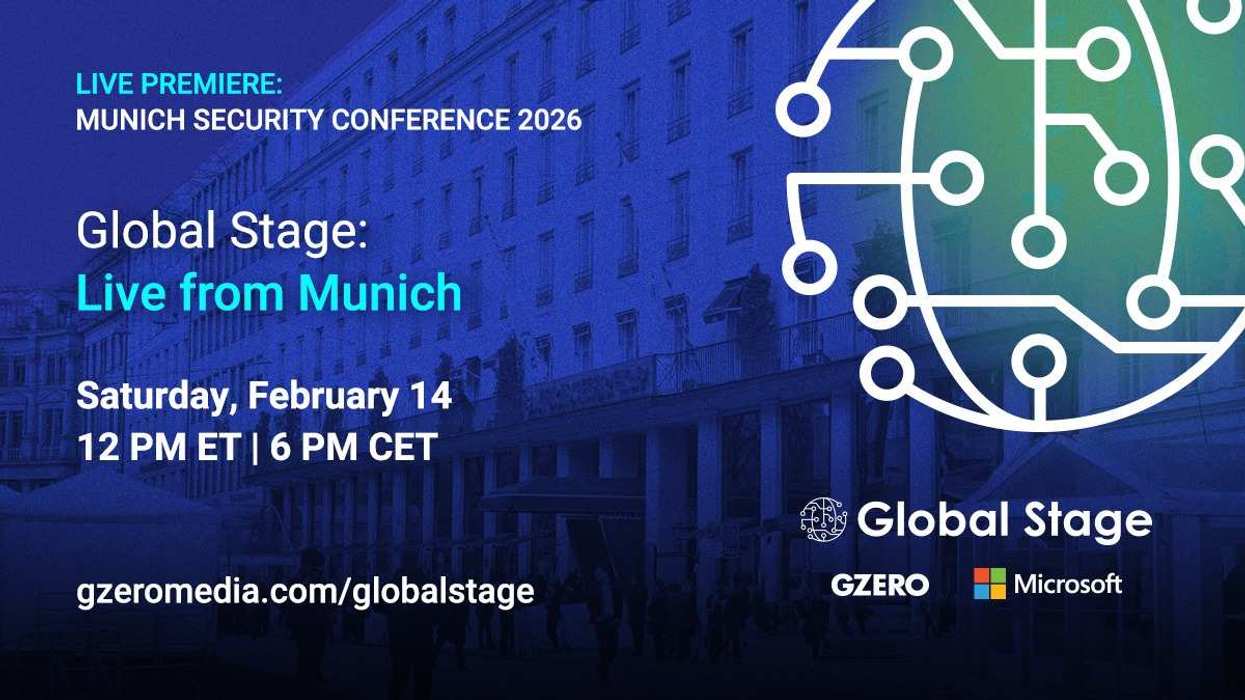Are the EU and UK close to a post-Brexit deal?
For a fleeting moment, it seemed like Brexit wrangling could finally end. But no. After reports claimed that the EU and UK were close to clinching a deal on trade rules for Northern Ireland, Brussels announced that, despite some progress, several issues remain intractable. (Really sorry you still have to hear about Brexit, but the Northern Ireland Protocol, you might recall, is the arrangement that Boris Johnson reached with the EU to avoid creating a hard border between the Republic of Ireland, an EU member, and Northern Ireland, a part of the UK.) One big sticking point is that Downing Street, along with the pro-UK DUP Party in Northern Ireland, wants to limit the role of the European Court of Justice in overseeing trade-related disputes. Another is the failure to agree on a practical border system that would avoid rigorous checks by customs. With Prime Minister Rishi Sunak facing mounting pressure from Tory Brexiteers not to give an inch to Brussels, we’re watching to see how he navigates a major political test that threatens to further split his Conservative Party.
US and India launch tech alliance aimed at China and Russia
Under an ambitious new project launched this week, India and the US will join forces on a range of advanced technologies like semiconductors, artificial intelligence, quantum computing, and new weapons. Washington has been trying to woo India into a partnership like this for years, but Delhi’s long-standing “non-aligned” foreign policy made it tough to get to yes. Now, however, the two democracies’ shared concerns about authoritarian China’s rise seem to have moved things along. US National Security Adviser Jake Sullivan described the new project as part of an “overall strategy to put the entire democratic world in the Indo-Pacific in a position of strength.” But the initiative isn’t aimed solely at China. Washington is also keen to displace Russia as one of India’s largest weapons suppliers, which would be both a strategic and economic boon for the US while striking another blow at Russia’s heavily sanctioned economy. India’s military, for its part, may be pretty keen to get access to weapons of higher quality and greater reliability than what they get from Russia.
Czech checks China?
Who picks a fight with an adversary 100 times their size? Petr Pavel, the president-elect of the Czech Republic, has been publicly clashing with China over Taiwan all week after holding a phone call with Taiwan’s President Tsai Ing-wen. China, which hates it when countries engage with Taiwan directly, exploded with hurt, accusing Pavel of “stepping on China’s red line” and trampling “the feelings of the Chinese people.” Pavel — a former top general at NATO who has previously warned that China’s undemocratic values mean it can never be a friend to Prague — shot back that as a sovereign country, the Czechs can speak to whomever they please. Why is Pavel doing this? Well, for one thing, the fiercely pro-EU Pavel is looking to quickly distinguish himself from outgoing president Miloš Zeman, whose coziness with China and Russia raised hackles in Brussels. Ordinary Czechs, for their part, are none too fond of those two countries either. Could Pavel pay a price? China often cuts commercial or diplomatic ties with countries that treat Taiwan as an equal. But the Czech-Chinese commercial relationship is minuscule, and Beijing’s vague promises of investment have mostly come to nothing. Still, a country of 10 million poking a billion-person behemoth is no small gamble – President Pavel better be sure the EU has his back.


















